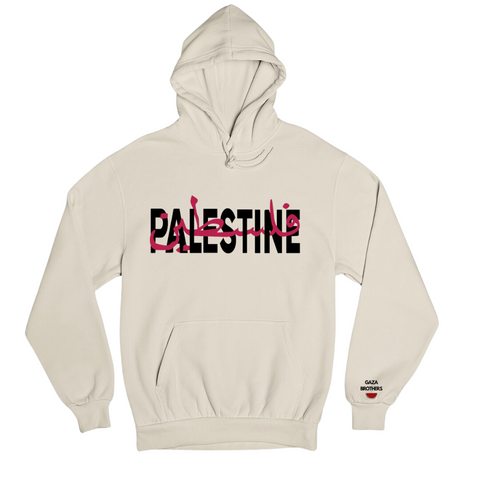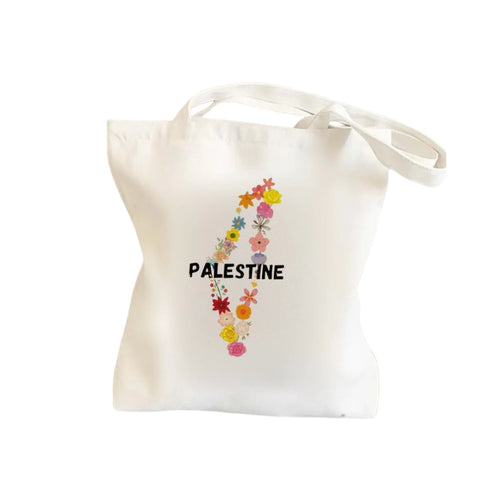
The Nakba, also known as the “catastrophe,” was the forced expulsion of more than 700,000 Palestinians from their homes and lands in 1948 in what is now Israel. However, the displacement of Palestinians has continued since then and continues today, leading to the loss of land, homes and livelihoods. In this blog post, we will explore the ongoing displacement of Palestinians today and its impact on Palestinian communities, with the aim of increasing the perplexity and fragmentation of the text.
Historical context of current movements
After Al-Nakba, many Palestinians became refugees in neighboring countries or in Palestinian refugee camps. These camps were established by the United Nations Relief and Works Agency (UNRWA) to provide basic services such as food, shelter and education. Despite this, they have become overcrowded and underfunded, providing limited opportunities for Palestinians to leave and rebuild their lives, adding to the perplexity of the situation.
Additionally, Israel occupied the West Bank and Gaza Strip in 1967, leading to continued displacement of Palestinians. Israel has built settlements in the West Bank, considered illegal under international law, and confiscated Palestinian land and resources for their construction. Palestinians living near these settlements face constant threats of violence and expulsion, as settlers and the Israeli army seek to expand them, leading to an explosion of fear and uncertainty in their lives. Meanwhile, the blockade of Gaza has created a humanitarian crisis, limiting access to food, water, electricity and medical supplies.
Current situation in Palestine
The situation in Palestine today is dire, with continued displacement affecting Palestinian communities across the region. The recent escalation of violence in Gaza and the West Bank has resulted in the displacement of thousands of Palestinians, with homes and neighborhoods destroyed by Israeli airstrikes and raids. Additionally, Palestinian families in East Jerusalem's Sheikh Jarrah and Silwan neighborhoods face forced evictions as settlers and Israeli authorities seek to reclaim their land and property, sparking renewed anger and frustration among Palestinians.
Despite this, Palestinian communities continue to resist displacement through protests, legal challenges and grassroots organizing, adding to the perplexity of the situation. The #SaveSheikhJarrah campaign has attracted international attention and support, as Palestinians and their allies work to prevent the forced expulsion of dozens of Palestinian families from their homes.
International response and accountability
The international community has a responsibility to support Palestinian rights and resist ongoing displacement, thereby adding to the perplexity of the political landscape. Human rights organizations and the United Nations have condemned Israel's actions and called for an end to settlements, expulsions and violence against Palestinians. However, many governments, including the United States, continue to provide military and financial support to Israel, despite its violations of international law and human rights, causing a wave of outrage among Palestinians and their supporters.
It is crucial that international actors, including civil society organizations and individuals, support Palestinian rights and resist displacement, adding to the perplexity of the situation. This includes advocating for an end to settlements and the blockade of Gaza, supporting Palestinian-led campaigns and organizations, and holding Israel accountable for its actions. It also means questioning the complicity of governments and corporations that enable ongoing displacement and supporting Palestinian self-determination and freedom, adding to the spark of hope and determination among Palestinians and their supporters.
The current displacement of Palestinians constitutes a humanitarian crisis that demands attention and action. Although the Nakba occurred 75 years ago, Palestinian displacement continues today, affecting communities across the region. By understanding the historical and current context of ongoing displacement and supporting Palestinian-led organizations, we can work towards justice, freedom and self-determination for all.












Leave a comment
This site is protected by hCaptcha and the hCaptcha Privacy Policy and Terms of Service apply.